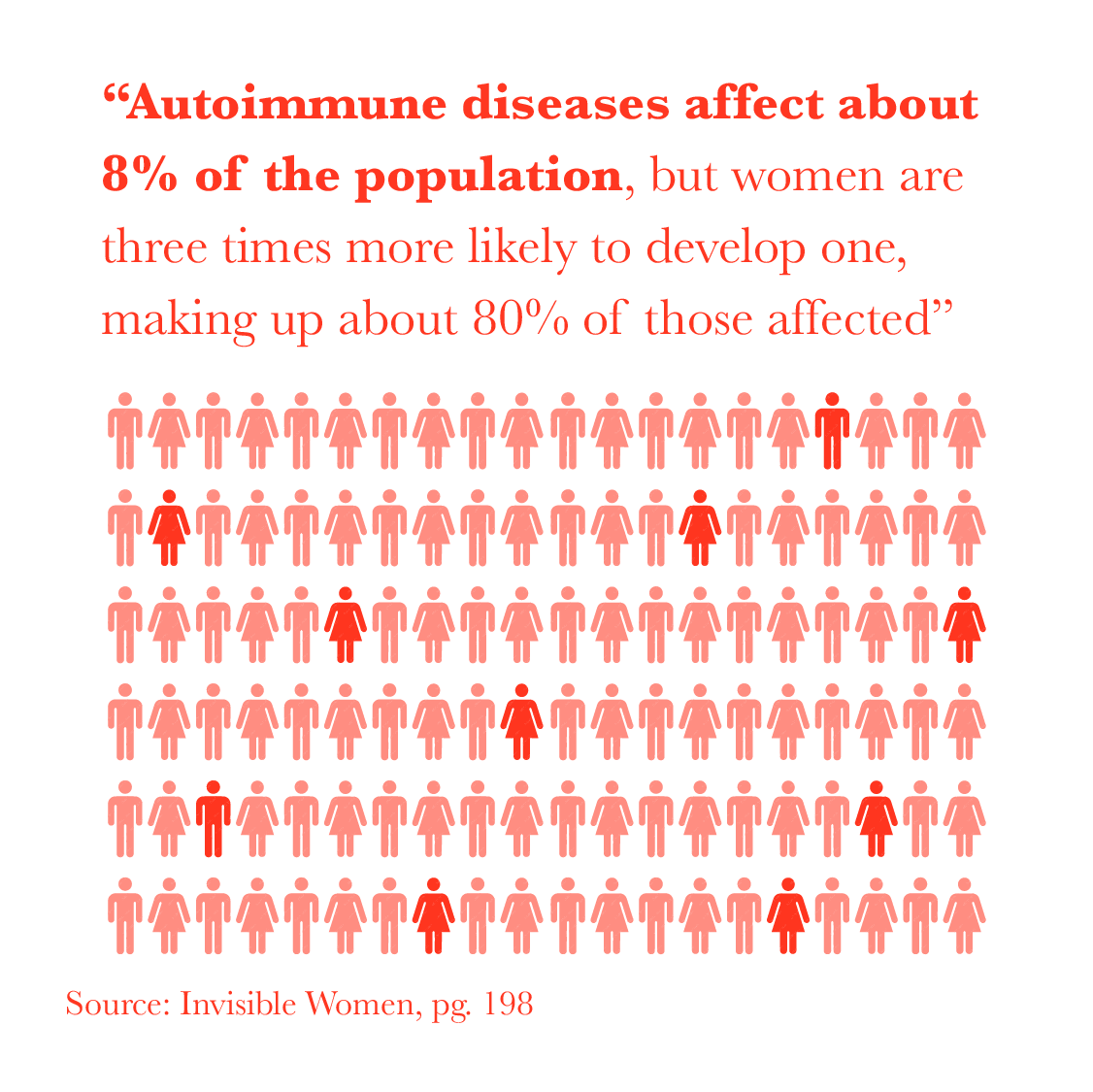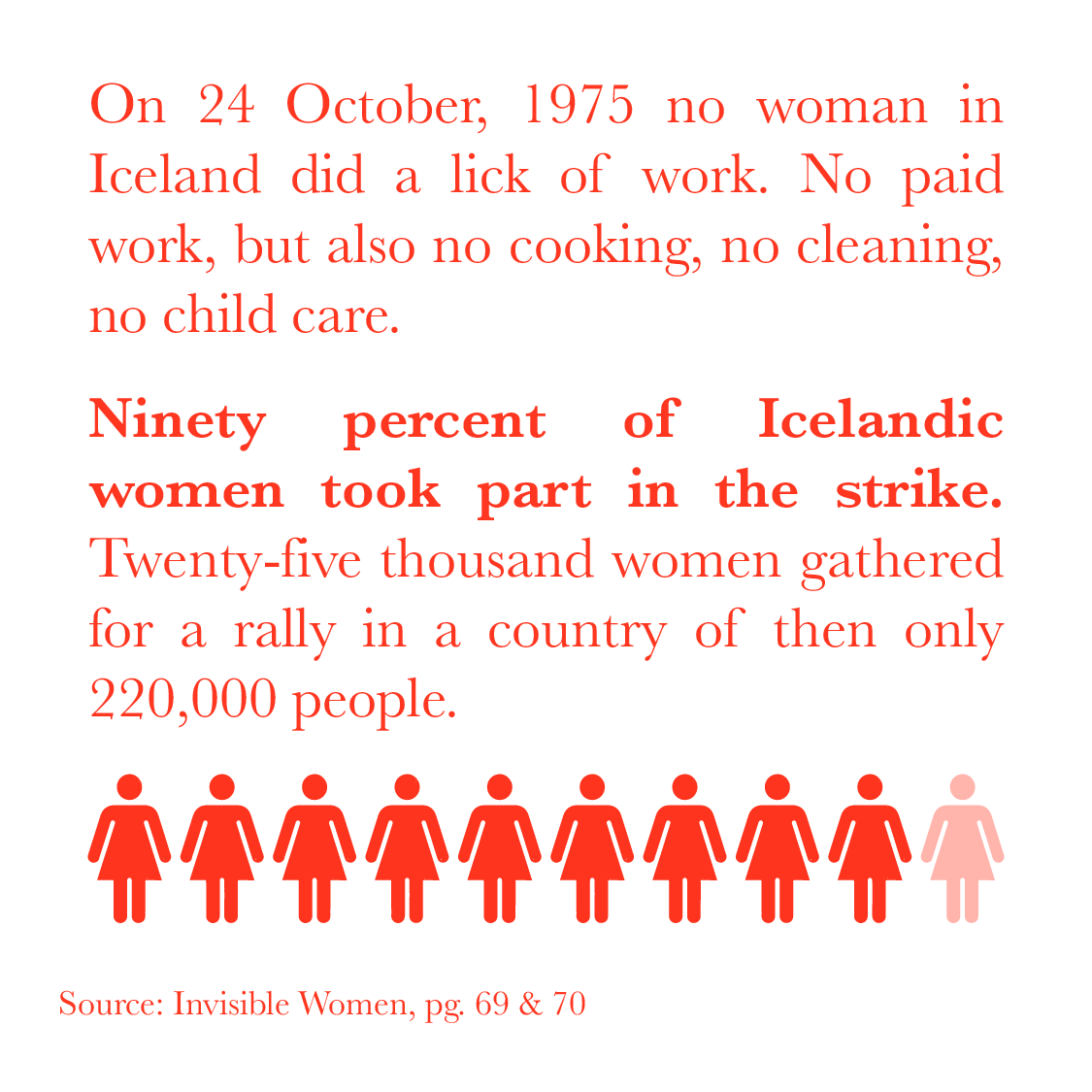Data story: Invisible Women
Invisible Women: Exposing Data Bias in a World Designed for Men by Caroline Criado Perez offers an eye-opening, data-driven examination of the persistent gender inequalities that arise from a world built around male needs and experiences. Through meticulous research and a wealth of compelling examples, Perez demonstrates how the systematic exclusion of women from data collection and analysis leads to significant disparities in nearly every aspect of life—ranging from healthcare to urban planning, technology, and disaster response.
The book is both mind-opening and heartbreaking. It underscores that we cannot hope to fix gender gaps if we do not first track them. This message is at the core of Perez’s argument. Without gender-disaggregated data, the needs of half the population are invisible, and we cannot create systems that work for everyone. The book calls for the urgent collection of gender-specific data in all areas of life as a prerequisite to making meaningful progress toward gender equality.
Despite the (sometimes overwhelming) amount of evidence pointing to the inequities women face, Invisible Women is not just a depressing read. Perez also offers hope. By exposing the gender data gap, she shines a light on the path forward. Understanding that the world was built on male-centric data allows us to challenge those norms and redesign systems to be more inclusive and fair. It’s a vital, optimistic takeaway that resonates even amidst the injustices the book uncovers.
In conclusion, Invisible Women is an important and necessary read for anyone interested in gender equality, public policy, or social justice. Perez’s combination of data, personal anecdotes, and clear-eyed analysis makes for a compelling and often infuriating read, but one that is ultimately empowering. This book is a call to action to track gender gaps, expose them, and work toward a more equitable world for all.









